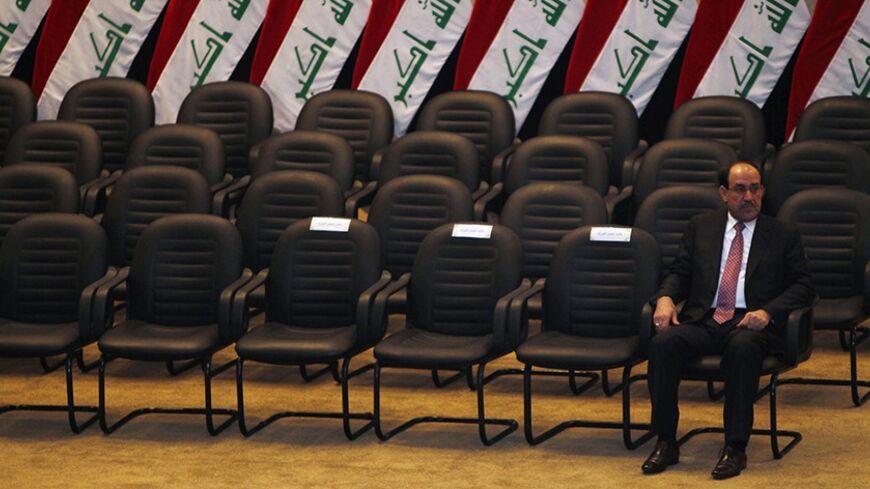In 2003, democracy, for Iraqis, seemed like a magical solution to the crises and catastrophes that they had inherited from Saddam Hussein's dictatorship. They thus tried to freely express their opinions to the point of sometimes practicing democracy with a measure of abandon. By 2013, however, their views had changed, as new ideas had surfaced whereby, somehow and in some respects, many seemed to feel that democracy should be abandoned for the sake of security.
The recent crisis in Anbar and the political struggle in Iraq that degenerated into armed confrontations has opened the door to the return of reconsidering the democratic solution as an efficient means to put an end to the domestic rivalries.



